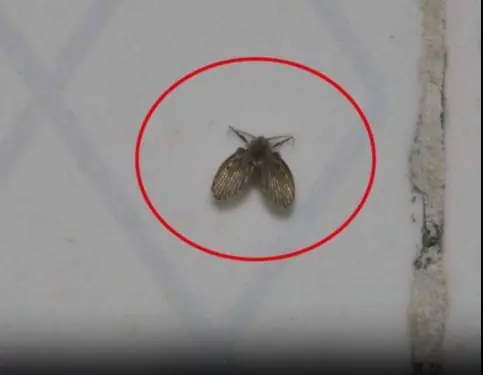
Can You Drink Air Conditioner Water? Smart People Reuse It for These 4 Things
Can You Drink Air Conditioner Water? Smart People Reuse It for These 4 Things
Instead of wasting air conditioner (AC) water, there are clever ways to put it to good use.
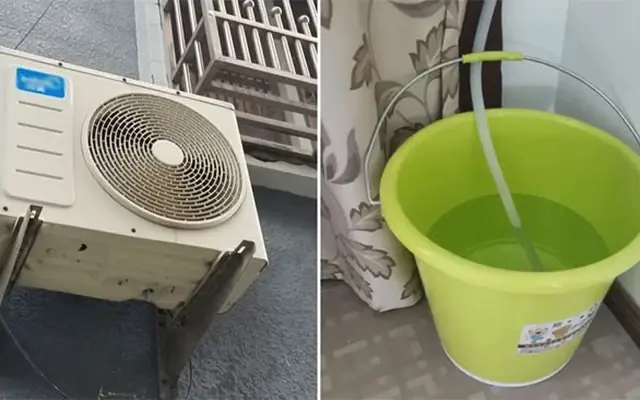
Most people don’t realize that wastewater from an AC unit shouldn’t just be discarded—it actually has several interesting and practical uses. In modern life, air conditioners are essential for keeping our homes cool, and as they run daily, they produce a significant amount of water through condensation. However, few people recognize that this water is more than just excess moisture—it can actually be repurposed in useful and eco-friendly ways.
Can You Drink Air Conditioner Water?
Absolutely not! AC wastewater is unsafe for drinking because it may contain impurities, dust, bacteria, mold, and other contaminants.
While the condensation itself starts as pure water from the air, the AC unit’s internal components can introduce pollutants. Dust and microorganisms from inside the machine—especially in unmaintained units—can mix with the water. Research shows that the damp interior of an air conditioner creates the perfect environment for bacteria and mold to thrive, increasing the risk of water contamination.
Moreover, if the air filter is dirty or the drainage system is clogged, the collected water becomes even less safe. In some cases, AC water may even contain chemicals from the heat exchange components, such as damaged insulation or refrigerant leaks, making it completely unsuitable for consumption.
4 Smart Ways to Reuse AC Water
1. Watering Plants 🌱
One of the best ways to use AC wastewater is for watering plants. Since it is essentially condensed water vapor from the air, it is naturally pure—as long as it hasn’t picked up pollutants from the AC system. If filtered properly, this water can safely hydrate houseplants, garden flowers, and even potted herbs without harming them.
2. Household Cleaning 🏠
AC water can also help reduce your cleaning expenses. Many people use it for:
✔ Mopping floors
✔ Flushing toilets
✔ Washing windows
✔ Cleaning jewelry
However, before using it for household tasks, make sure it is not contaminated with dust or bacteria from the AC unit.
3. Adding Water to a Fish Tank 🐠
Some creative pet owners use AC water in fish tanks or aquariums. Because the water is oxygen-rich due to condensation, it can help keep fish active and healthy. However, it’s important to test the water’s purity first to ensure it’s free from harmful residues or chemicals.
4. Cleaning Jewelry 💎
AC water often contains small amounts of sodium fluoride, which can help remove tarnish and dust from jewelry. If your necklaces, earrings, or bracelets have lost their shine, try soaking them in AC water for about six hours. Then, gently clean them with a cotton swab to restore their sparkle.
Final Thoughts: A New Way to Reuse a Hidden Resource
The practical uses of AC wastewater offer a smart and eco-friendly approach to resource conservation. Instead of wasting this water, reusing it can provide economic benefits while helping protect the environment.
So, next time your AC drips water, think twice before throwing it away—you might just find a great way to use it!
News in the same category

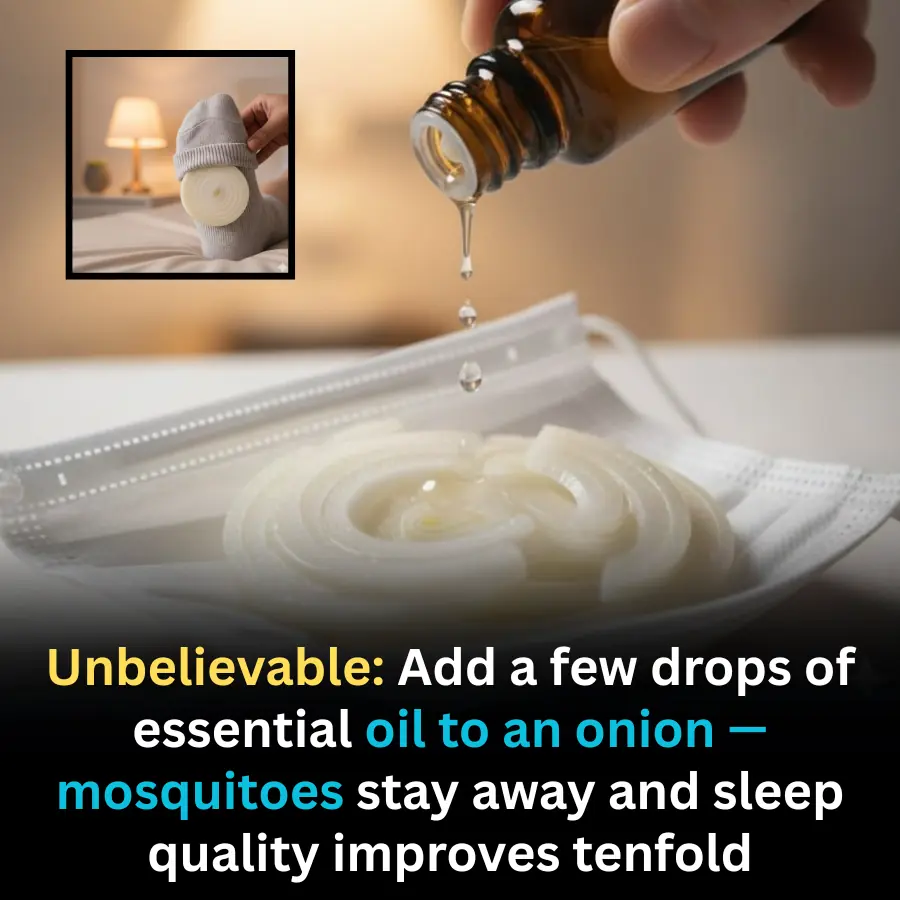
Add a Few Drops of Oil to an Onion: A Simple Home Trick That Repels Mosquitoes and Improves Sleep
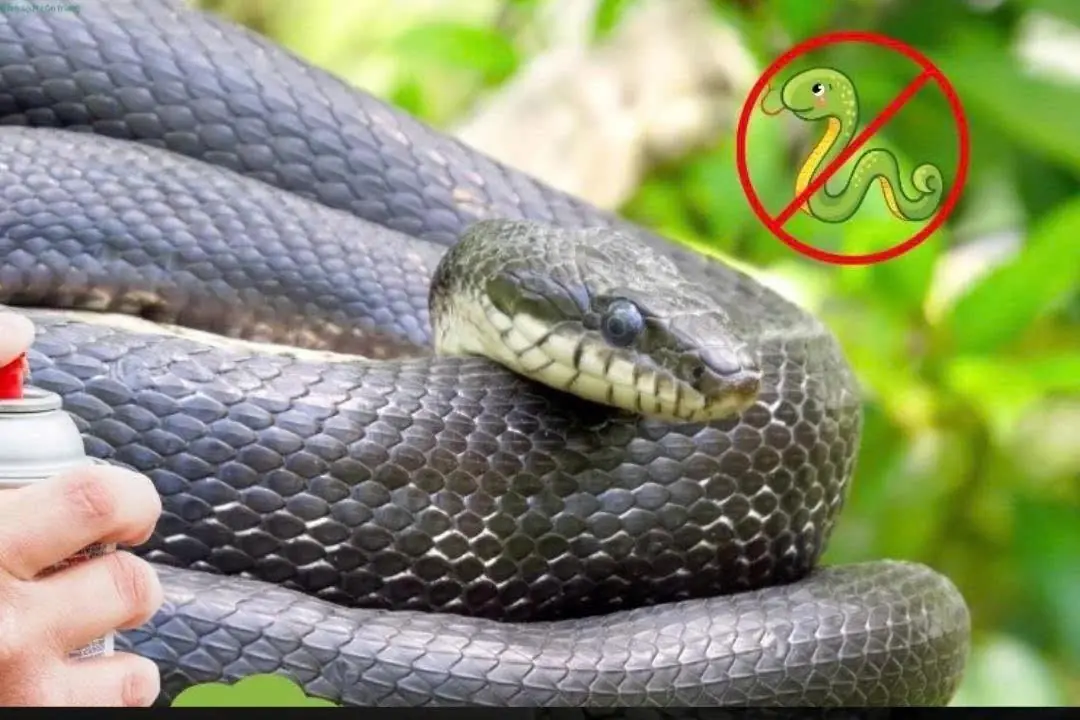
To prevent snakes from entering your house, you can apply the following methods.
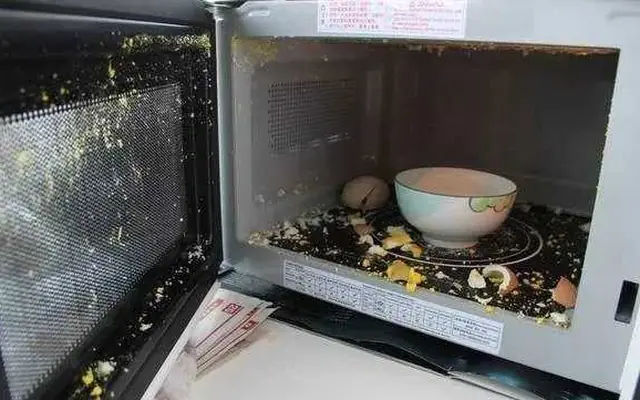
Never reheat these 5 items in the microwave!

How to Fix a Weak Toilet Flush at Home - No Technician Needed

This small fridge button can significantly cut your electricity bill
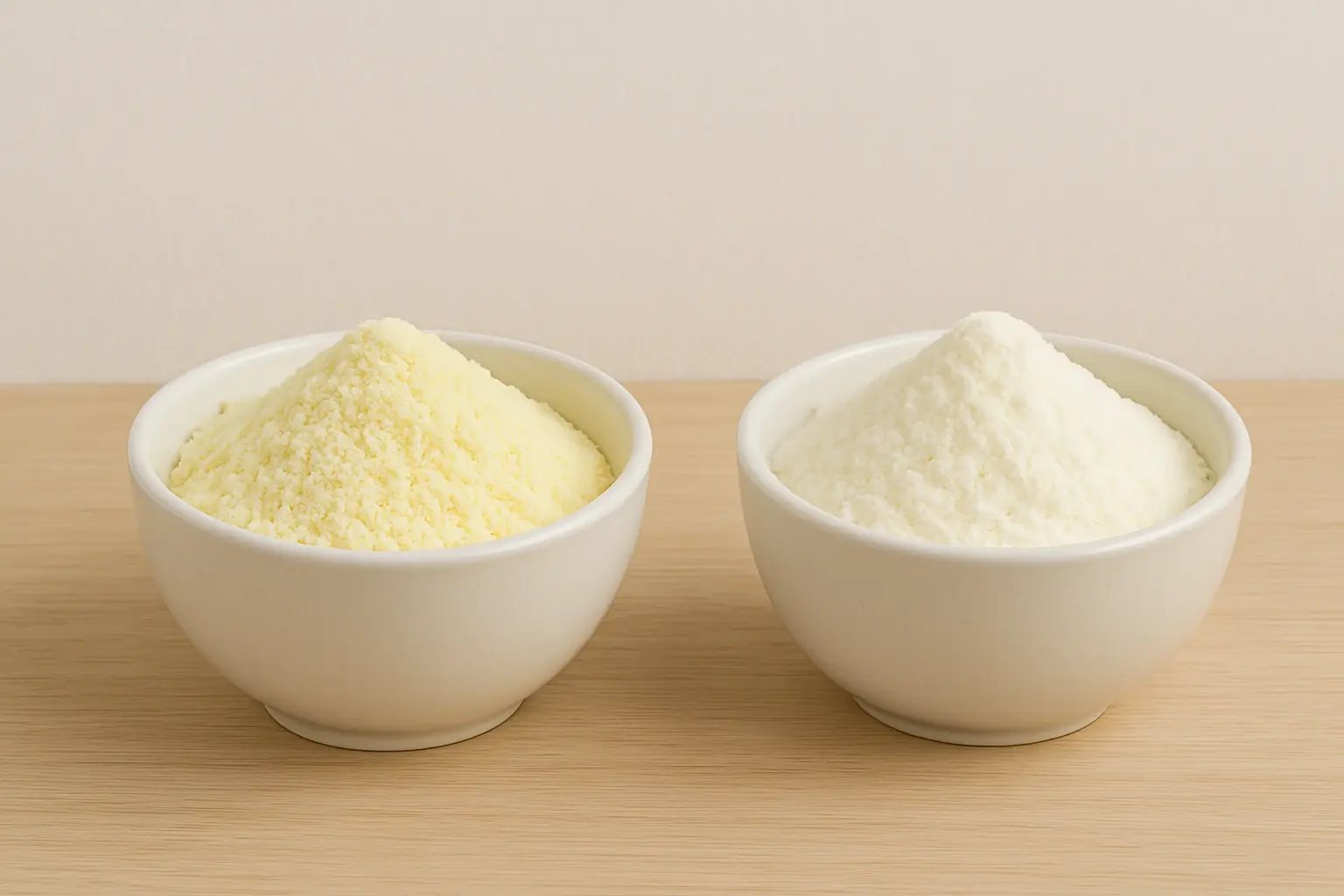
How to Tell Real Baby Formula from Fake: What Every Parent Needs to Know
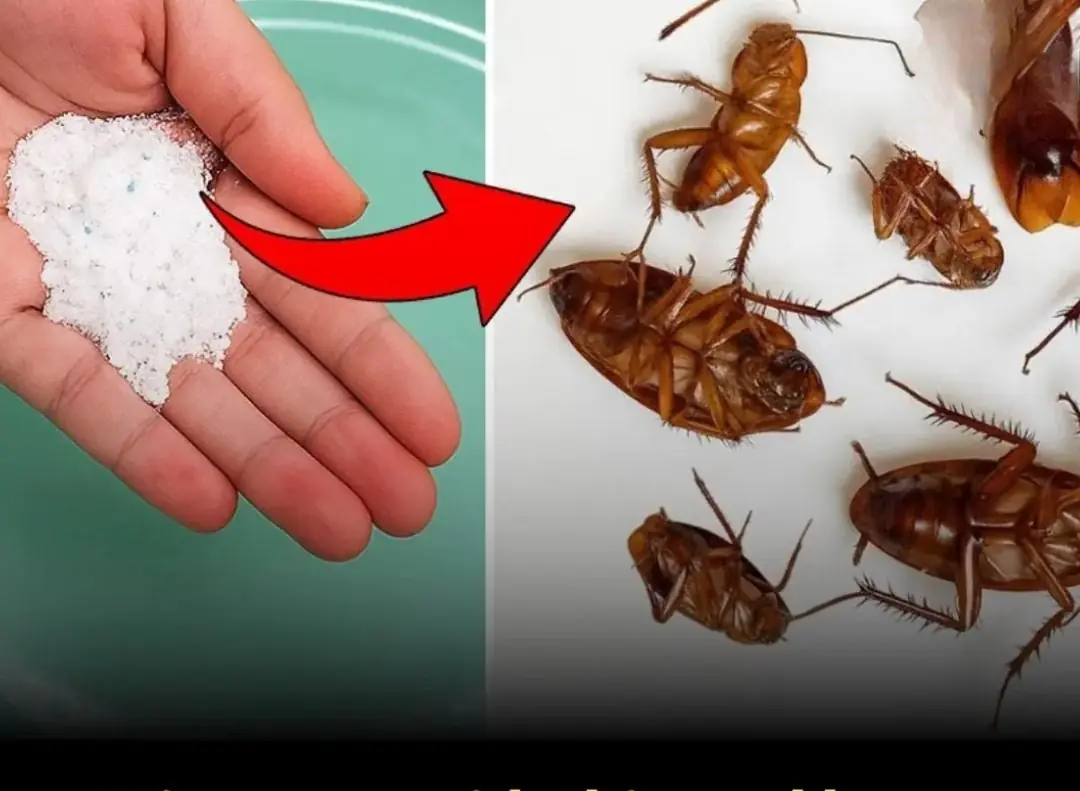
Smart tips to get rid of cockroaches and maintain a clean, fresh home
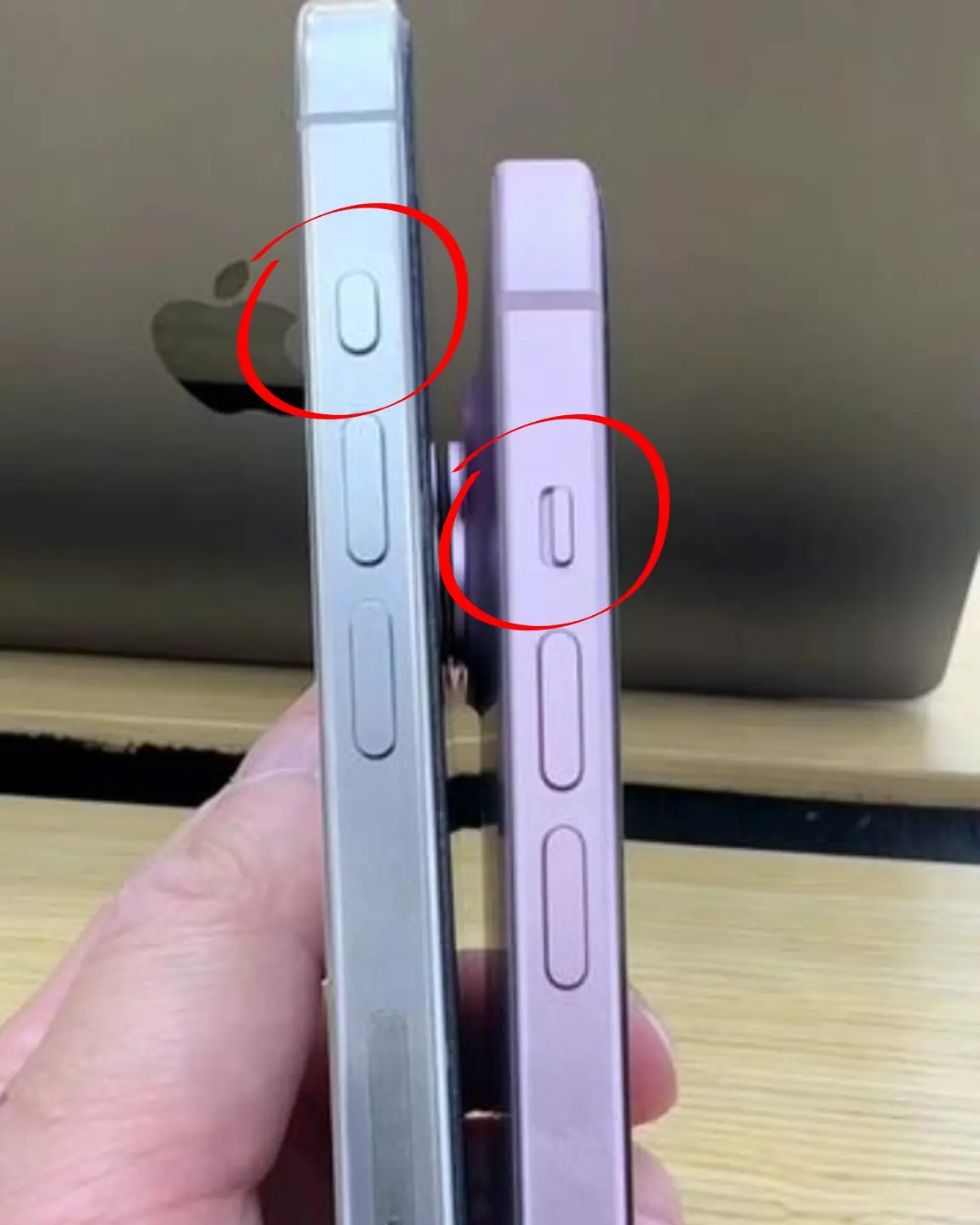
Your phone’s volume buttons can do more than you think - Here are 6 hidden tricks
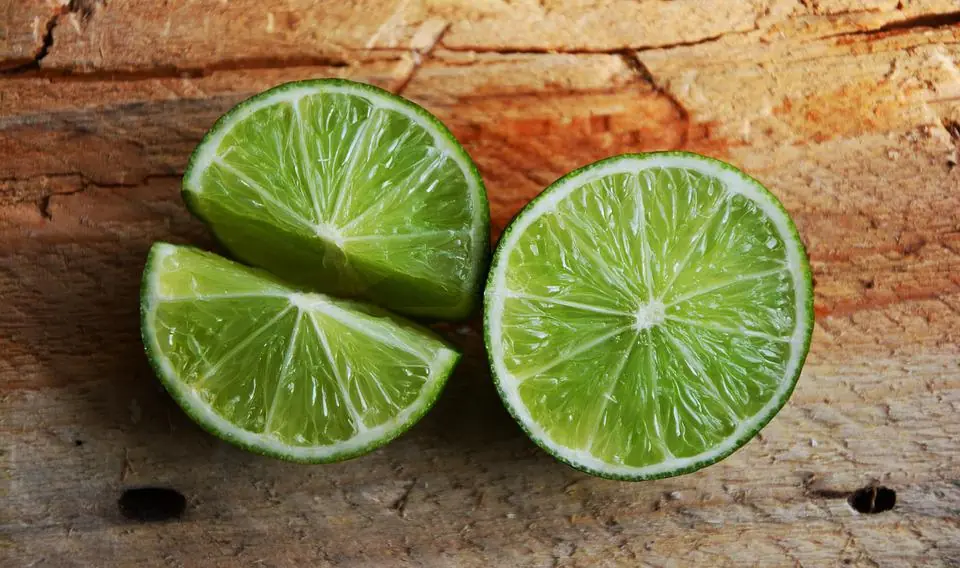
Don’t throw away lemon peels - Turn them into a powerful, natural cleaning solution for your home

If your partner leaves a clothespin on your shower head, make sure you know what it means
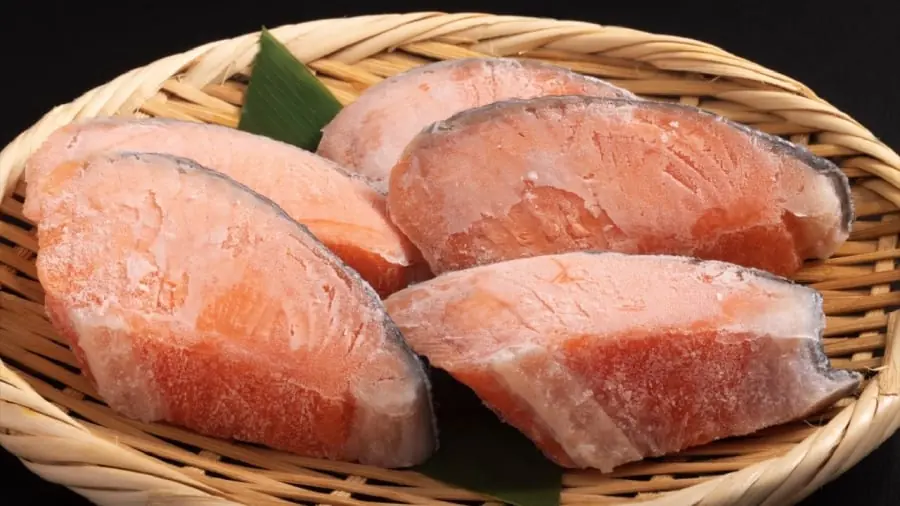
Tips for Freezing Fish So It Stays Fresh, Firm, and Flavorful for Up to a Month
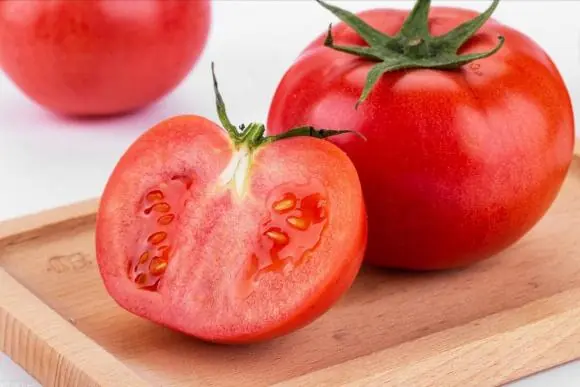
Don’t throw them away yet: Surprising ways to reuse tomatoes you think are useless

Restore a non-stick pan with milk instead of throwing it away

Two types of pork that look very fresh and delicious but should absolutely not be bought — sellers rarely reveal this
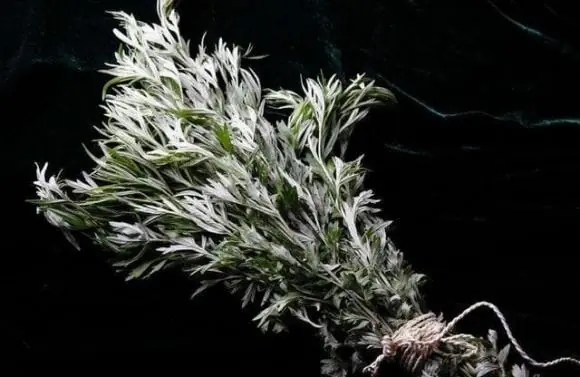
Hang these leaves at your door and watch flies and mosquitoes disappear

Identifying Venomous vs. Non-Venomous Snakes
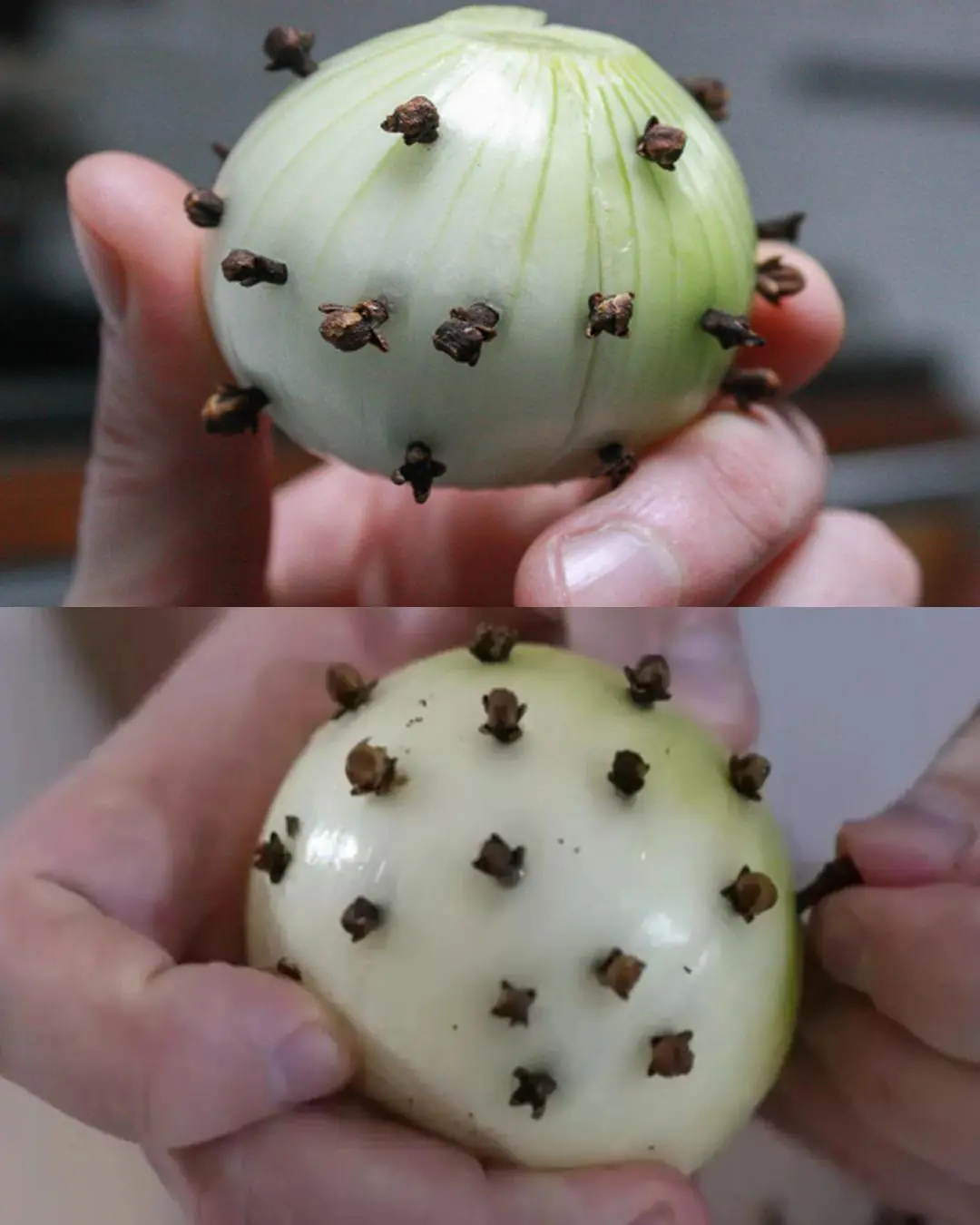
The surprising trick of sticking cloves into an onion
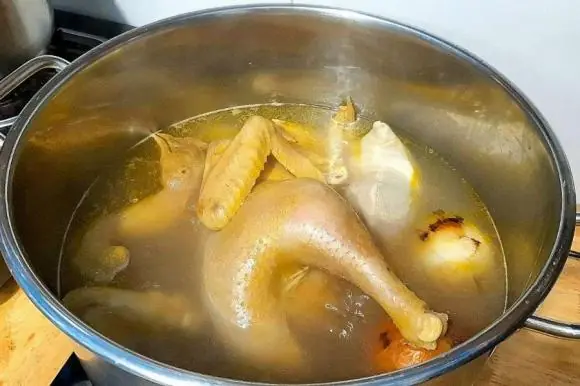
A Step Many Think Makes Chicken “Clean” Actually Does the Opposite: Experts Everywhere Say Stop Immediately
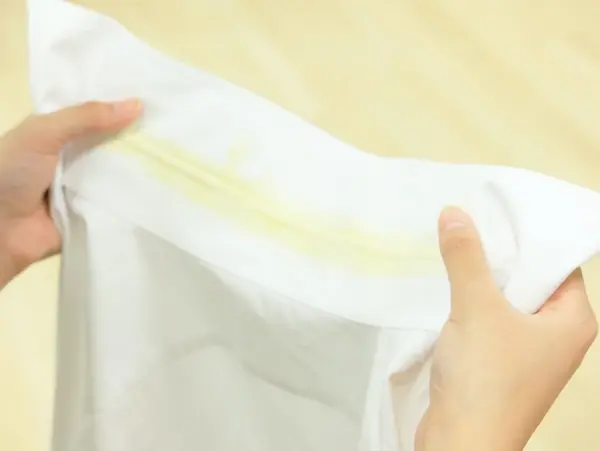
4 simple and effective tips to clean yellow sweat stains on white shirts at home that anyone can do it
News Post

If you get a lump on your neck, back or behind your ear, it means you have ca...
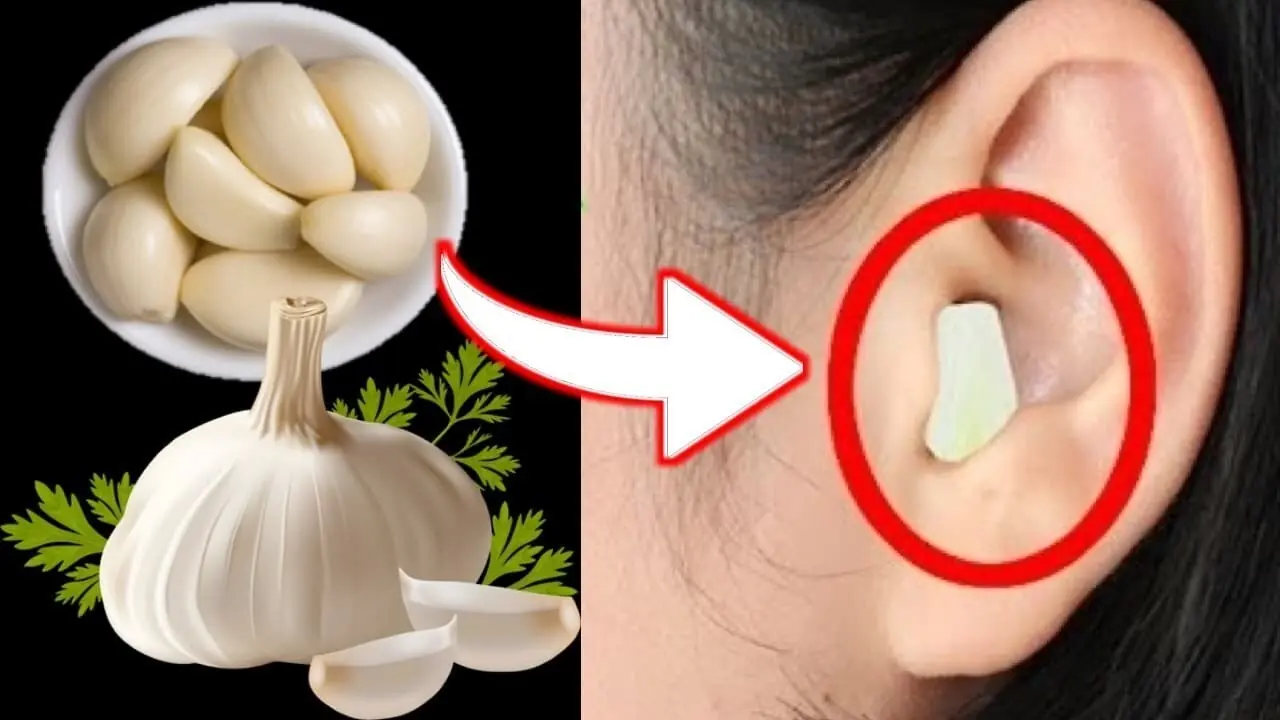
Garlic – the cheapest remedy in the kitchen, treating everything from colds to he.art health

Experts warn: 6 things that can worsen neck and shoulder pain and affect overall health
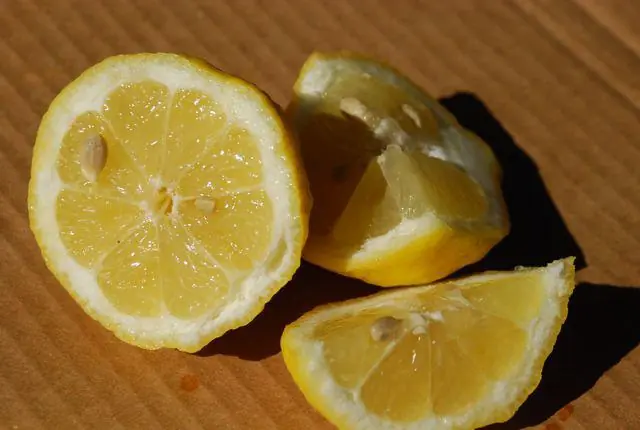
Everyone throws away lemon seeds—few realize they have such remarkable benefits

Why do Japanese people wear socks to sleep regardless of winter or summer?

People about to have c.an.cer often have 3 signs in the neck, early examination still has a chance of treatment

Did You Know That Waking Up At 3 Or 4 In The Morning Is A Clear Sign Of...
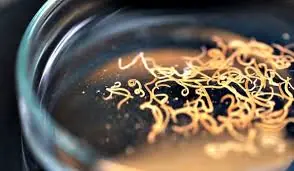
Man develops 'pork worms' in his brain after years doing this specific cooking habit
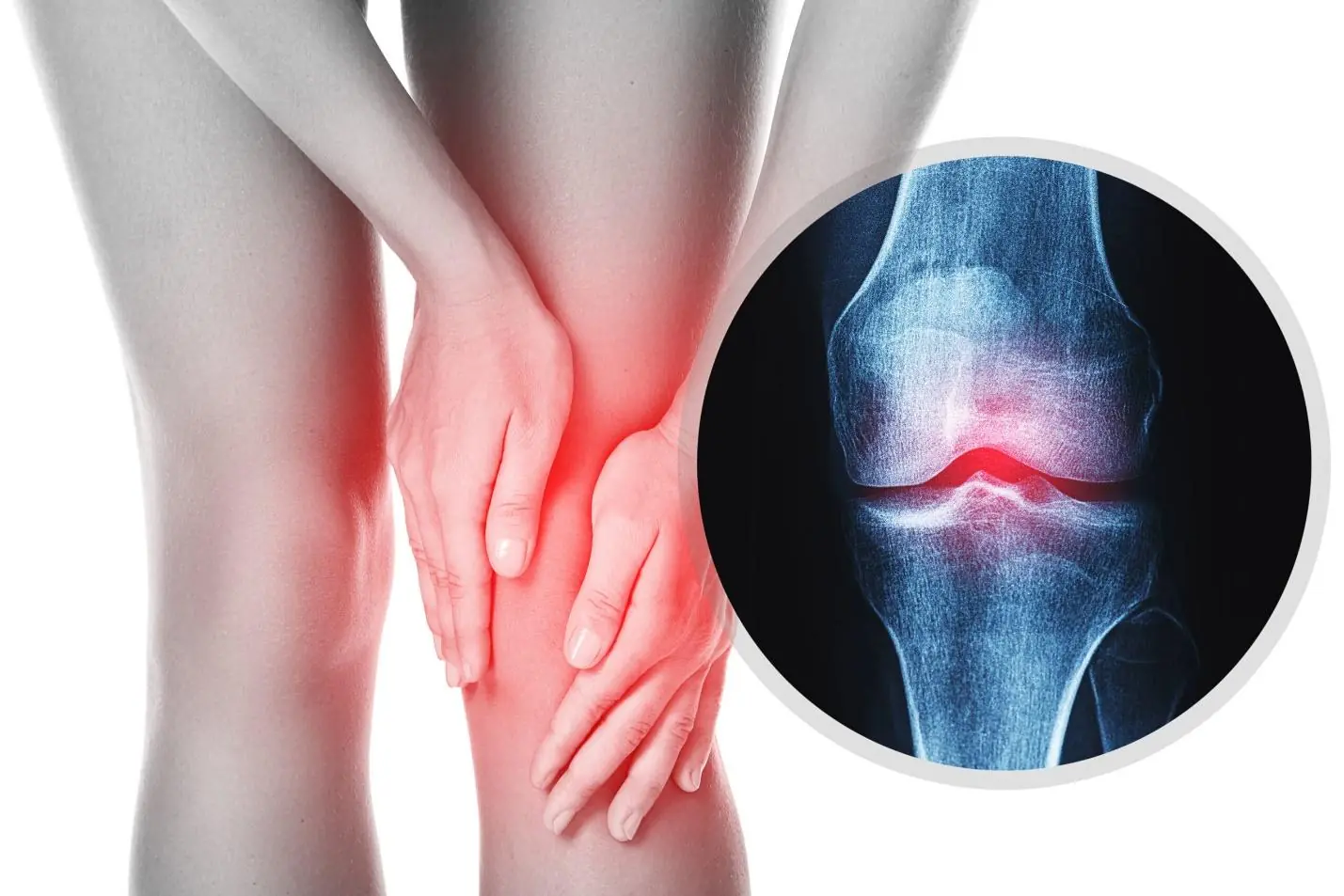
People with calcium deficiency often experience these 7 signs. Check now to see if you have them

Dull abdominal pain, abdominal pain around the navel, be careful because you may have this disease
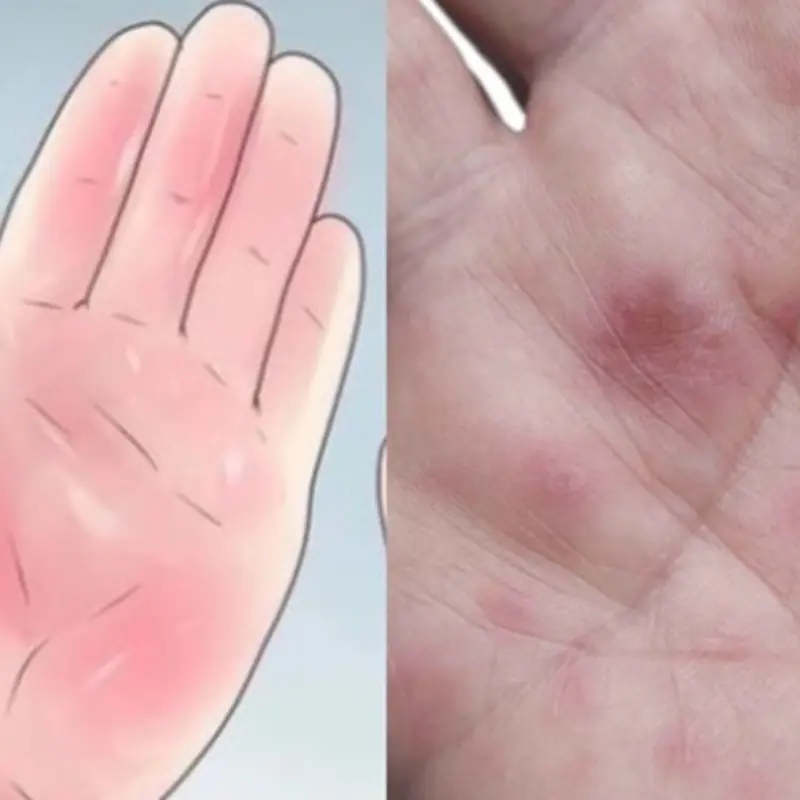
Before ca.n.cer develops, your hands and feet may show these 4 warning signs.

Should you keep the bathroom door open or shut when it’s not in use? Surprisingly, many people get this wrong.

7 FOODS THAT MAY HELP CAN:CER DIE DON’T WAIT TO EAT THEM

Play Experts reveal that eating bananas in the morning cause

If your heel hurts when you wake up or after standing for a long time, this is what your body is telling you.

Science backs it up: 3 fruits that fight fatty liver, regulate sugar and cholesterol
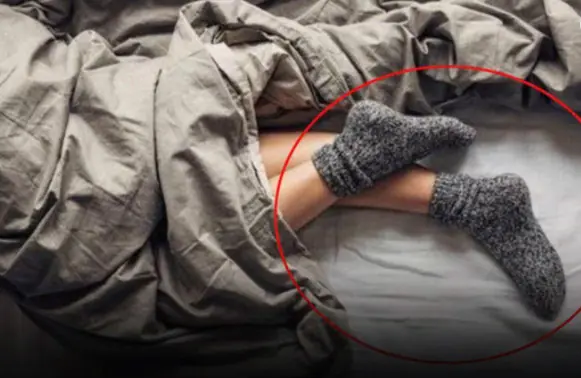
A 52-Year-Old Woman Di.ed from a Stro.ke: Middle-Aged People, Stop Doing These 7 Things

Doctors’ Warning After a Tragic De.ath: Don’t Drink These 4 Types of Water Before Sleeping Even If You’re Thirsty

Discover Love in the Little Things: Everyday Connections
